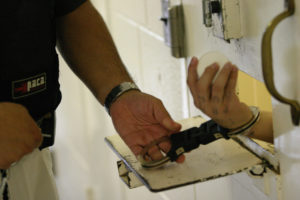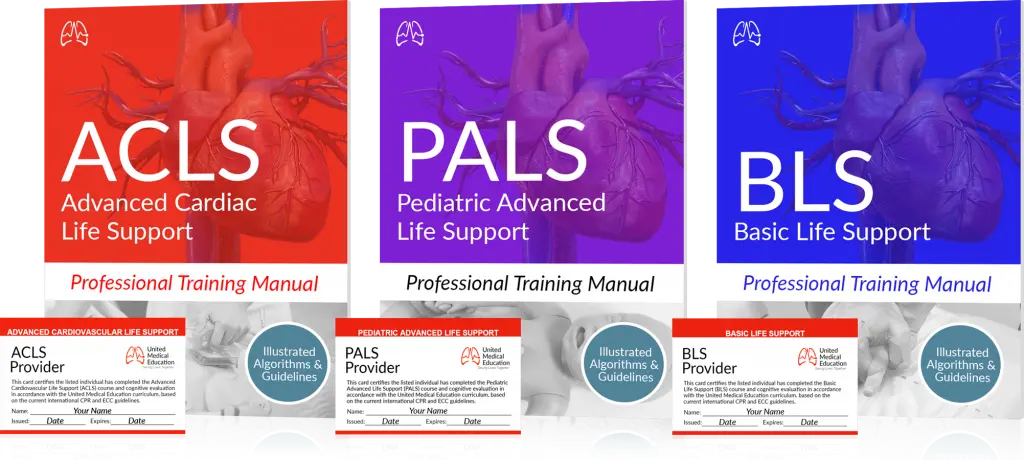When my friend, Maria’s son was first placed in a juvenile correction facility, her world seemed to crash around her. Struggling with the harsh reality of her son’s actions leading to his confinement, her deepest concern lay in the safety and welfare of her child within the institution’s walls. This wasn’t a summer camp he was heading to. She understood he was stepping into an environment formed for correction and discipline, where safety concerns were constant.
On the other side of this equation, Officer John bore the demanding responsibility of protecting hundreds of juveniles within the correctional facility he served. Each time the iron doors banged shut behind him, his heart resonated with the heavy toll of potential incidents and emergencies that were part and parcel of this environment.
Juvenile correction facilities are instrumental in redirecting the trajectory of young lives that have veered off course. Their primary mission is one of rehabilitation and reform, providing a fresh start for their inmates. However, the threat of sudden violence, self-harm, or unexpected health crises is a persistent reality, making robust emergency preparedness a non-negotiable necessity.
Decoding PALS Certification
In this context, PALS certification is a vital tool. This program empowers healthcare providers with the knowledge and expertise to effectively respond to life-threatening emergencies in children and infants. It serves as a beacon of hope during a medical crisis, a lifeline to those on the brink.
In healthcare settings, PALS-certified professionals function as a safety net. Their training enables them to take decisive actions in situations where delay can prove fatal. This certification is particularly necessary when dealing with the pediatric population, a demographic that is both delicate and vulnerable.
The Imperative of PALS Certification in Juvenile Correction Facilities
The stark, intimidating architecture of juvenile correction facilities often masks the pressing need for Pediatric Advanced Life Support (PALS) certification within its walls. These institutions accommodate young individuals who, for various reasons, find themselves dealing with exceptional and frequently harsh health challenges.
Young inmates within these facilities confront many health issues that distinguish them from their counterparts outside. A lot of them struggle with chronic health conditions they were born with or acquired over time. These range from disorders like asthma and diabetes to congenital heart diseases that necessitate regular and comprehensive medical management.
Coupled with these are the mental health issues, a growing concern among today’s youth. Disorders like depression, anxiety, post-traumatic stress disorder (PTSD), among others, often cast a long, distressing shadow over these juveniles. The challenging environment within the facilities can also enhance these problems, necessitating professional intervention during crisis situations. Beyond these, the juveniles face a risk of injuries from altercations or accidents within the facility. Disputes can quickly escalate into physical confrontations, and even rare accidents in the facility’s industrial setting can result in severe injuries like head trauma or fractures, calling for urgent medical intervention.
In such a setting, having PALS-certified personnel can make a transformative difference. Their involvement can prevent a health emergency from escalating, possibly preserving lives and lessening the chance of enduring health consequences. This is particularly important in an environment where each second is priceless, and delays can have catastrophic outcomes.
Also, the presence of PALS-certified staff infuses a sense of security within these facilities. It reassures the young inmates that their health and safety are given due importance, that they aren’t alone in battling their health challenges. It also comforts their families outside, who often live in anxiety, haunted by nightmares of getting that dreaded call. The knowledge that there are capable individuals within who can efficiently handle medical emergencies provides a ray of hope in what may otherwise seem like a bleak scenario.
United Medical Education’s initiative to offer free PALS training seeks to equip more individuals with this vital skill. Through this training, we aim to contribute to a safer, more alert environment within juvenile correction facilities, enabling a brighter future for these young individuals.
Incorporating PALS Training in Juvenile Correction Facilities
Introducing PALS training in juvenile correction facilities is a challenging task, demanding yet deeply rewarding. It starts with convincing the administration of the merits of the program, followed by identifying suitable candidates who can shoulder this responsibility – from medical staff to officers like John.
Resistance is inevitable. Issues like budget constraints or hesitation from staff to take on additional duties may arise. However, by highlighting the benefits – improved safety, better inmate outcomes – the narrative can shift in favor of PALS certification.
The Influence of PALS Certification on Safety Protocols and Policies
With PALS certification in place, juvenile correction facilities can expect a significant shift in safety protocols and policies. The presence of certified staff enhances the handling of medical emergencies, leading to improved safety records. The certification can also inspire policy changes mandating regular health checks and comprehensive emergency response plans.
PALS certification doesn’t just alter rules and procedures; it reshapes the environment within the facilities. A higher standard of safety is established, providing peace of mind for young inmates, their families, and the facility staff.
The Transformative Impact of PALS Certification in Juvenile Correction Facilities
A juvenile correction facility in Chicago reported a major decrease in health-related incidents following PALS certification. Their emergency responses became more streamlined and effective, and the change was so evident that even anxious parents like Maria found some measure of relief.
Similarly, a California-based facility witnessed a critical incident where their PALS-certified team saved a juvenile experiencing a severe asthma attack. This event underscored the value of PALS certification, showcasing its capacity to transform juvenile correction facilities into safer havens.
Building a Safer Future through PALS Certification
The future of juvenile correction facilities teeters on the edge, and PALS certification could tip the balance towards safety. By introducing this program, these institutions can revolutionize their operations, providing a secure environment that prioritizes the health and safety of its inmates.
As we contemplate this potential, we call upon all stakeholders to consider the critical role of PALS certification. United Medical Education stands ready to support this transformative journey, offering comprehensive and free PALS training. Let’s unite to insert safety at the core of juvenile correction facilities, offering some measure of relief to concerned parents like Maria and devoted officers like John.
Through these efforts, we can change the narrative around juvenile correction facilities. Instead of being seen as places of punishment, they can be regarded as institutions focused on rehabilitation and the health and safety of their inmates. PALS certification is a significant step towards this vision, creating safer spaces for young individuals who deserve the chance to reform and thrive.
The integration of PALS certification within juvenile correction facilities represents a profound commitment to inmate health and safety. This commitment can change lives, save lives, and ultimately reshape the landscape of juvenile correction for the better. Let’s embark on this journey together, ensuring that each juvenile facility is a place of safety, rehabilitation, and hope.








